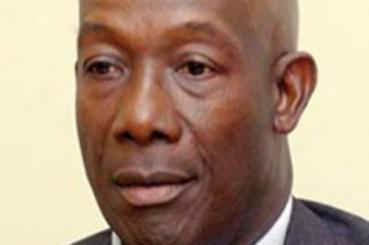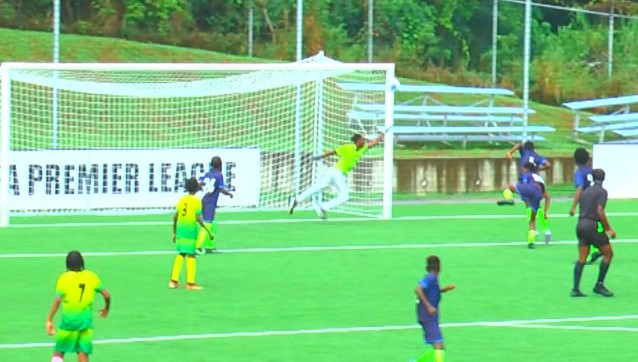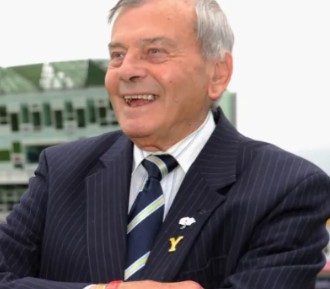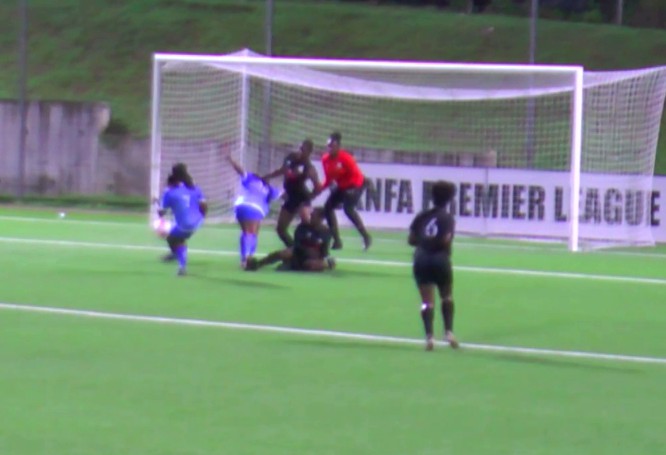Rowley Expresses Disappointment at Board Member Absences and Rejects Disbandment Discussions
The Caribbean cricketing fraternity is embroiled in a conflict over governance reform, stemming from the Barbados Cricket Association (BCA) and the Guyana Cricket Board (GCB)’s refusal to participate in a crucial Cricket West Indies (CWI) meeting. This boycott effectively scuttled the meeting, which aimed to vote on implementing the recommendations of the Wehby Report, a comprehensive review of CWI’s governance structure. Trinidad and Tobago Prime Minister Dr. Keith Rowley, who chairs the Caricom Sub-Committee on Cricket, expressed profound disappointment at this development, emphasizing the urgent need for reform in West Indies cricket. He interpreted the boards’ absence as a resistance to change and a preference for maintaining the status quo, despite its demonstrable failures. While acknowledging the need for consensus, Rowley underscored the importance of progress, even in the absence of complete agreement. He believes that the available reforms, even if not fully endorsed by all parties, offer a pathway forward that should be explored.
Rowley dismissed the notion of governmental influence dictating the BCA and GCB’s actions, attributing their resistance to internal CWI dynamics and the strong personalities within the territorial boards. He stressed that the appropriate venue for expressing dissent and engaging in constructive dialogue is within the formal CWI meetings, not through boycotts. While acknowledging Caricom’s limitations in directly intervening in CWI’s internal affairs, Rowley emphasized the regional body’s role in advocating for unity and progress within West Indies cricket. He believes Caricom can exert “moral suasion” to encourage stakeholders to collaborate and address the pressing challenges facing the sport. The overarching goal, he reiterated, is to present a unified front to the global cricketing community, fostering respect and bolstering West Indies cricket’s standing.
The BCA and GCB, in their joint statement explaining their absence, justified their rejection of the Wehby Report on the grounds that it diminished the power of the territorial boards. This stance highlights a fundamental disagreement about the balance of power within West Indies cricket. The boards seemingly perceive the proposed reforms as a threat to their autonomy, suggesting a reluctance to cede authority to a centralized governing body. This resistance to change raises concerns about the willingness of key stakeholders to embrace the modernization and restructuring necessary for the revitalization of West Indies cricket. Their actions have stalled the momentum for reform, creating an impasse that threatens the future of the game in the region.
Adding to the complexity of the situation are external pressures, highlighted by former ICC chairman Greg Barclay’s suggestion that dismantling West Indies cricket might be a viable option. Rowley vehemently rejected this notion, characterizing it as absurd and disrespectful to the rich history and legacy of West Indies cricket. He emphasized the unique nature of West Indies cricket, a unified team representing multiple nations, and its historical dominance of the sport. Rowley views Barclay’s suggestion as a thinly veiled attempt to marginalize West Indies cricket, consigning it to lower divisions and effectively erasing its significant contributions to the global game.
Rowley firmly believes that the solution lies not in disbandment, but in strengthening West Indies cricket through internal reform and increased support from the ICC. He argues that the region deserves greater respect and resources from the ICC, enabling it to modernize and compete effectively on the world stage. He advocates for retaining the unified structure of West Indies cricket, emphasizing its historical significance and its potential for future success. Rowley’s stance reflects a deep commitment to preserving the legacy of West Indies cricket, advocating for its continued relevance and prominence in the global arena.
The current impasse within West Indies cricket underscores the deep divisions and challenges facing the sport. The resistance to governance reform, exemplified by the BCA and GCB’s boycott, highlights the internal power struggles and differing visions for the future of the game. Rowley’s advocacy for unity and reform, coupled with his strong rebuke of external pressures to dismantle West Indies cricket, underscores the complex and delicate balancing act required to navigate these turbulent waters. The future of West Indies cricket hinges on the ability of its stakeholders to overcome their differences, embrace necessary reforms, and present a united front in pursuit of a shared vision for the game. The alternative – fragmentation and decline – would be a tragic loss for the region and the cricketing world.
Share this content:












Post Comment